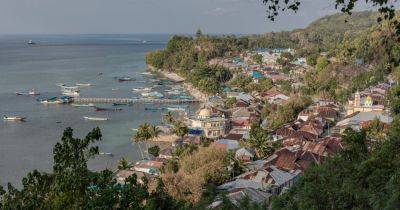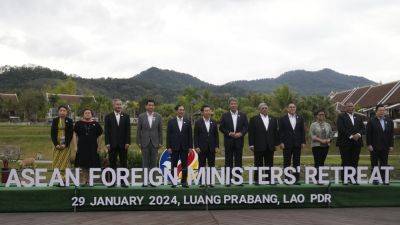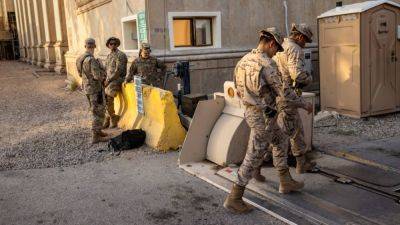America: the perils of being No 1
The end of World War II was distinguished by a carefully choreographed scenario that was finalized by the Allies at the Yalta Conference held in February 1945.
During this process, Josef Stalin and Franklin Roosevelt, with Britain and France as little more than spectators, reformatted the borders of the nations of Central Europe.
These borders survive as designed to this day, albeit for one reason that is hardly ever mentioned: ethnic cleansing.
The previous centuries had witnessed a slow but steady drift east of populations of Germanic culture. Most of these welcomed Adolf Hitler with open arms, but when the tide turned against him practically all, numbering some 12 million, moved back to Germany with the retreating German armies, leaving behind what had become mono-ethnic countries.
The emergence in Central Europe of mono-ethnic nation-states was paralleled by the Cold War. With a potential direct confrontation between the two superpowers coming under the acronym of MAD – mutually assured destruction – the relations between the two became an exercise that was in essence predictable.
Postwar equilibrium
In practice this meant that each superpower acknowledged that its opponent had a core sphere of interest in which its authority would not be interfered with. Thus Washington could deal as it wished with the likes of Chile, Grenada, Panama or Nicaragua if they showed any sign of straying from under America’s umbrella.
Likewise, when the Hungarians in 1956 or the Czechs in 1966 revolted against their Soviet occupier, Washington abstained from providing them with any support.
Events took another turn when one of the two superpowers tried to encroach on its opponent’s turf. When in 1962 the Soviet Union placed some of







